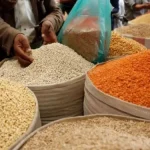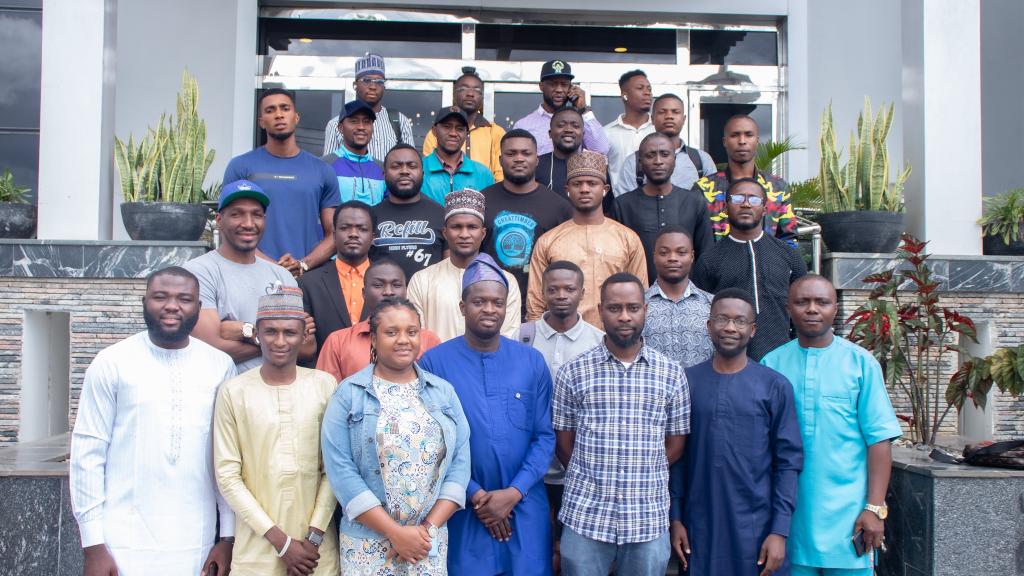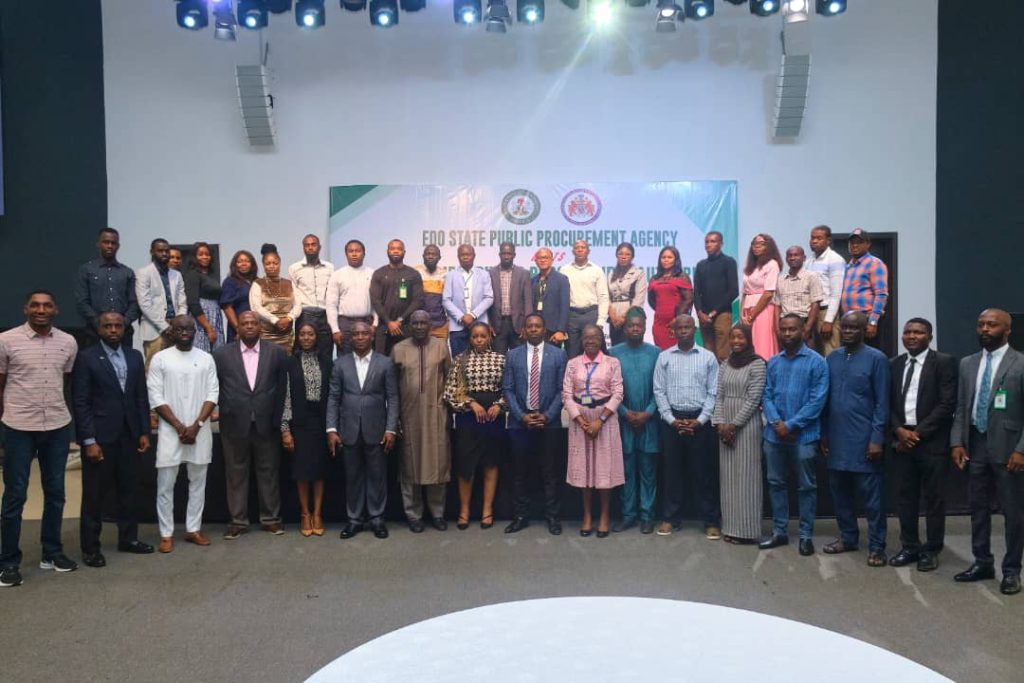The National Tomato Growers, Processors, and Marketers Association of Nigeria (NATPAN) has called on the federal government to intervene in the huge post-harvest losses suffered by the association.
Chairman of NATPAN Rabiu Zuntu, made this appeal on Tuesday during an interview in Lagos with the News Agency of Nigeria.
According to the chairman, the federal government’s intervention is crucial in helping the sector cut down on post-harvest losses experienced annually.
“Most farmers are smallholders and cannot afford loans to purchase the equipment needed to reduce post-harvest losses,” Zuntu explained.
He highlighted that providing farmers with the necessary equipment and facilities would significantly minimise the issue of post-harvest which poses a major threat to Nigeria’s food production.
“One way to reduce post-harvest losses in tomato cultivation is by using plastic crates for transporting produce from the farm to the market, especially when moving tomatoes from the north to other parts of the country,” he added.
Stressing that: “With plastic crates, the rate of post-harvest losses during transportation across Nigeria will be significantly reduced.”
Zuntu revealed that the association has entered into various partnerships to help smallholder farmers reduce their losses through advanced mechanisation.
“As an association, we are working with both existing and new processing facilities to cut down post-harvest losses and increase the income of our farmers,” he noted.
He further said that with the introduction of tomato processing machines, even the glut typically witnessed between January and February each year would be considerably reduced.
“The use of local tomato processors is one of the cleanest methods for drying tomatoes, adding value, and boosting both farmers’ income and the growth of the sector,” he said.
The chairman stated that some government organisations have introduced solar dryers for tomato preservation. “Farmers have shown interest in solar dryers, and we are set to adopt this method. However, despite their potential benefits, the high cost of the dryers means some farmers cannot afford them.”
As part of the association’s initiative to tackle this challenge, Zuntu said they were organising farmers into clusters to enable them to pool resources together and afford solar dryers, ultimately reducing post-harvest losses.
Therefore, he called for government intervention to further support the initiatives of the association as well as ensure its sustainability.
Last modified: January 9, 2025











